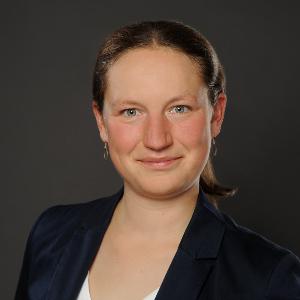Our Research
The distribution of galaxies on large cosmological scales holds important clues about dark matter, dark energy, and the origin of our Universe. New surveys, such as DESI and Euclid, are mapping this distribution at an unprecedented volume and depth. Yet, optimally extracting information from the observations is challenging. To tackle the challenges, we are developing a novel analysis strategy called field-level analysis that tracks the evolution of cosmic structures from the early Universe through to their detection. We use perturbative methods - particularly the Effective Field Theory of Large Scale Structure - to robustly marginalize over uncertainties in the bias between dark matter and galaxies, and we combine them with careful modeling of observational effects. This forward model will allow us to compare theoretical predictions with the data at the level of the three-dimensional density field, thereby maximizing the extracted information and providing insights into the dark matter structures that surround us.
This Emmy Noether Research Group was established in 2025 and is supported by the DFG.
Opportunities
All PhD students in the group are members of IMPRS, the International Max Planck Research School on Astrophysics at the Ludwig Maximilians University Munich. For 2025 there is one project available. Please apply here, deadline is 1st November.
PhD Project: Forward Modeling the full complexity of Geometric Effects in Galaxy Surveys
A main goal of the group is the development of a forward model - a digital twin - of the large-scale galaxy density as it is observed by surveys. We use perturbative methods, particularly the Effective Field Theory of Large Scale Structure, to describe the gravitational evolution of dark matter and its bias relation to galaxies. Ultimately, this fast and differentiable forward model will enable the field-level analysis of galaxy surveys, where we simultaneously infer cosmological parameters and the local structure formation history. This project will implement key geometric effects in the forward model to match the complexity of observational data. It has both a strong numerical and theoretical focus and offers experience in theoretical and observational cosmology, structure formation, high-performance coding in C++, and statistical data analysis.
Master Projects
If you are a Master student in Munich and interested in joining the group for your thesis project, please get in touch.


